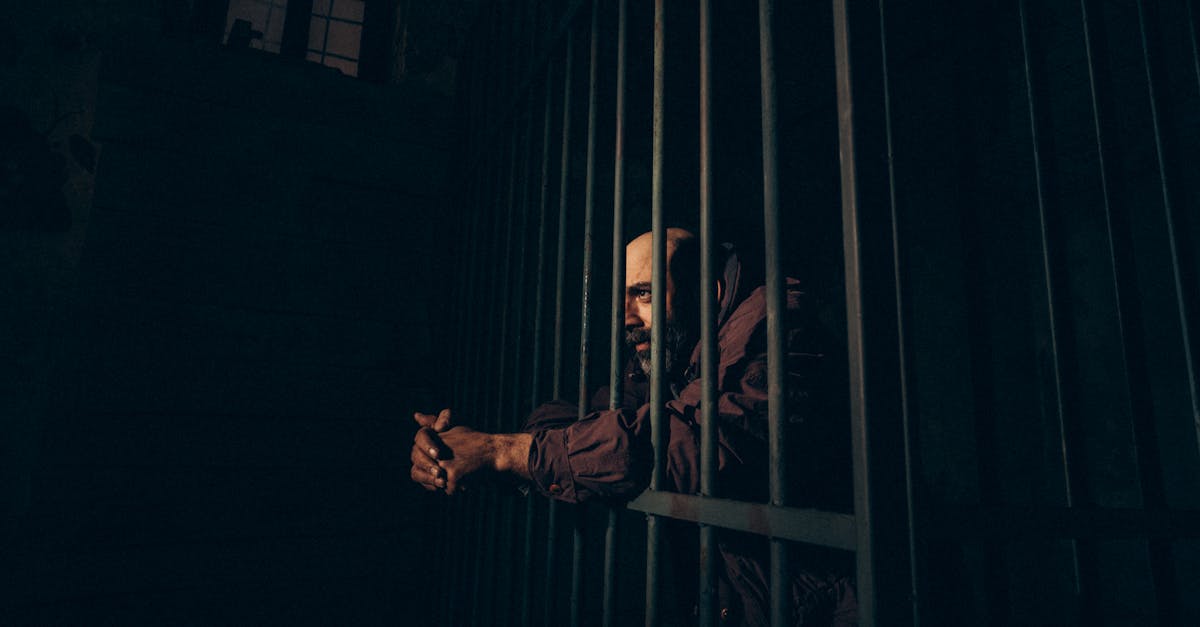
In practice, the application of this doctrine can lead to complex legal disputes. These often revolve around the interpretation of informal modifications or informal finds of testamentary intent that may arise after the will's execution. The courts generally assess the circumstances under which these changes were made, considering factors such as the testator's mental capacity and the presence of witnesses. As such, the doctrine not only preserves testamentary intent but also navigates the delicate balance between formality and flexibility in the estate planning process.If there are concerns about undue influence in a will, the first step involves gathering relevant evidence. This could include documents that showcase the testator's state of mind, any potential coercion, or manipulations that may have transpired. Speaking with family members, friends, or professionals who had interactions with the deceased can also provide valuable insights. Collecting this information early on can help establish a clear understanding of the context surrounding the creation of the will.
The Doctrine of Replication refers to the legal principle that allows for the correction of mistakes in a will, ensuring that the testator's true intenWhat role do witnesses play in a will dispute?tions are upheld. This principle is crucial in maintaining the integrity of the probate process.
Witnesses can provide crucial testimonies regarding the circumstances under which the will was created. Their accounts can help establish whether the testator was acting of their own free will or if they were influenced by someone else.How does the case of Re: Cummings illustrate the Doctrine of Replication?
What types of evidence are important to prove undue influence?In Re: Cummings, the court examined how the Doctrine of Replication could be applied to rectify errors in the drafting of a will. The case highlighted the importance of accurately reflecting the testator's wishes and the legal frameworks available to amend such mistakes.
Important evidence may include witness testimonies, correspondence that shows manipulation, medical records indicating the testator’s mental state, or any documentation that highlights the relationship between the testator and the alleged influencer.What role do promises and proprietary estoppel play in wills and probate?